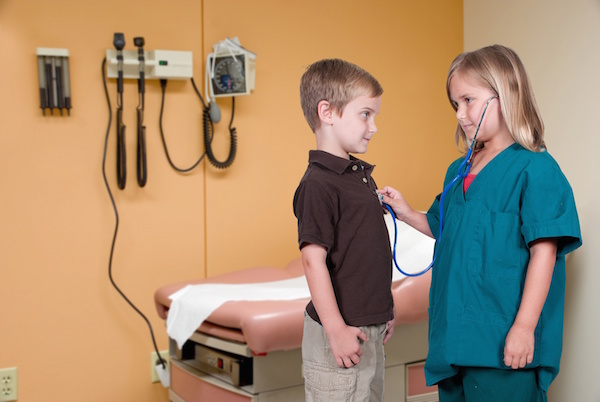
WEDNESDAY, March 30 (HealthDay News) — Adults who experienced psychological problems during childhood tend to earn less money and are less likely to establish long-lasting relationships, a new study indicates.
Researchers analyzed data from 17,634 people in Britain who were born in the first week of March 1958 and followed for 50 years.
By age 50, the average family income of people who had serious psychological problems during childhood was about one-fourth lower than those who did not experience mental health disorders when they were children.
In contrast, family income at age 50 was only 9 percent lower due to major childhood physical health problems and only 3 percent lower due to minor childhood physical health problems.
The negative economic impact of emotional troubles in childhood was evident early in adulthood. At age 23, the average family income of those who had psychological problems during childhood was 19 percent lower than those who didn’t have such issues.
One reason for the lower family income may be that adults who had childhood psychological problems are less likely to live with a partner. By age 50, these people were 6 percent less likely to be married or cohabitating and 11 percent less likely to be working. Psychological troubles in childhood were also associated with less-stable personal relationships in general.
The researchers also found that adults with childhood psychological problems were less agreeable and conscientious, two key measures of personality.
The study appears in this week’s issue of the Proceedings of the National Academy of Sciences.
“These findings demonstrate that childhood psychological problems can have significant negative impacts over the course of an individual’s life, much more so than childhood physical health problems,” study author James P. Smith, said in a RAND Corp. news release. “The findings suggest that increasing efforts to address these problems early in children may have large economic payoffs later in life.”
Smith is a senior economist at the Rand, a nonprofit research organization.
More information
The U.S. National Institute of Mental Health has more about child and adolescent mental health.

